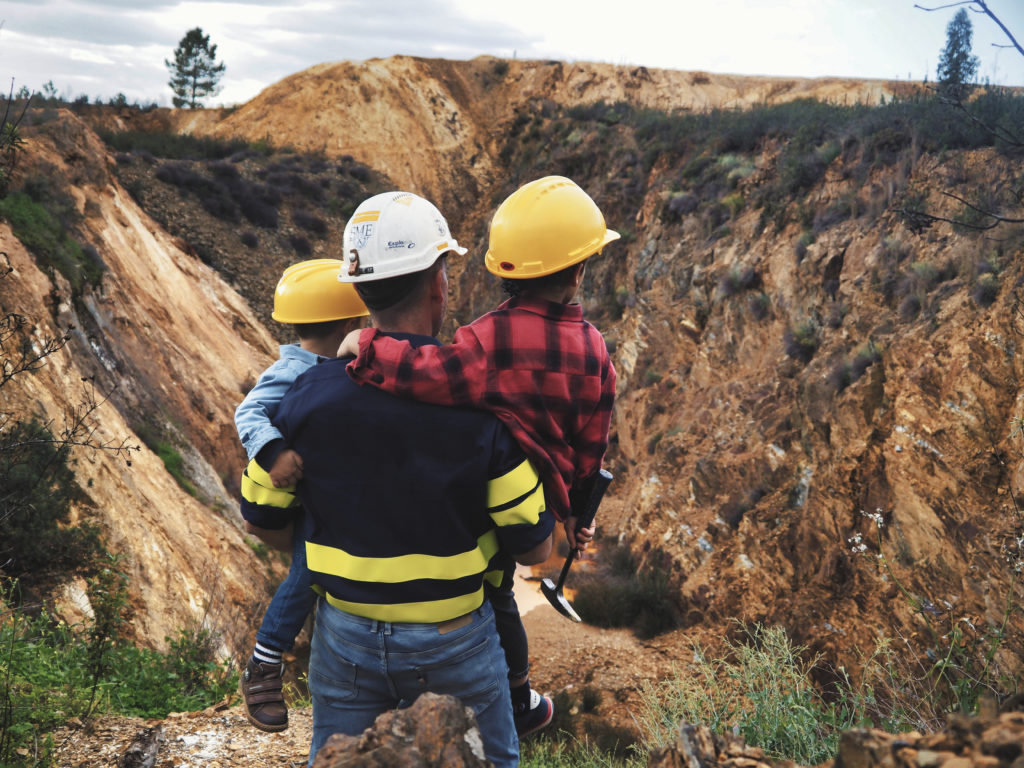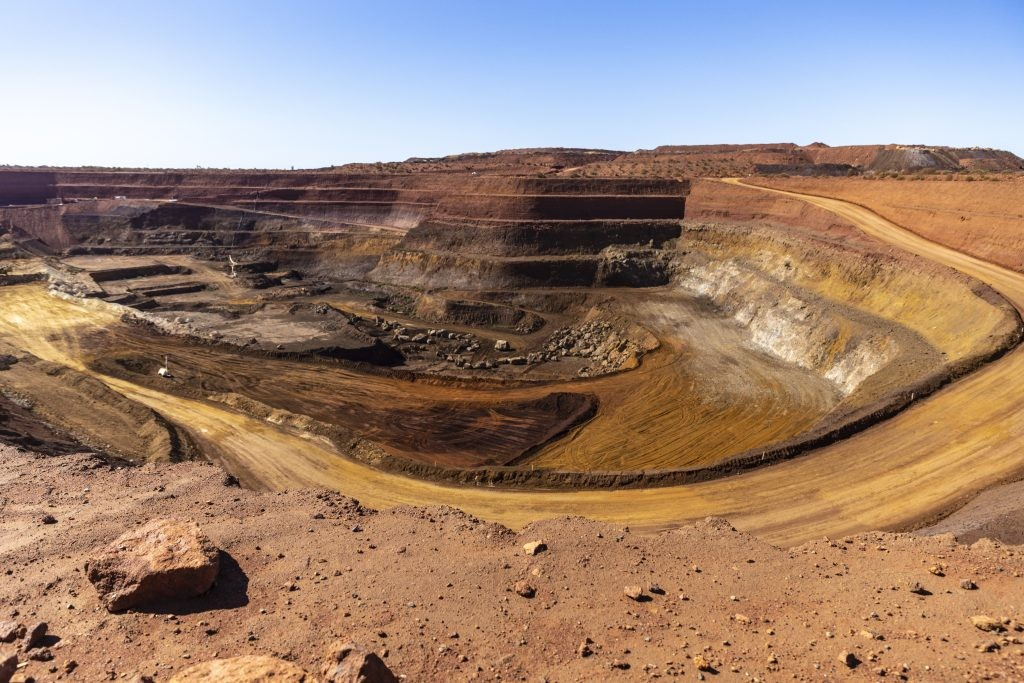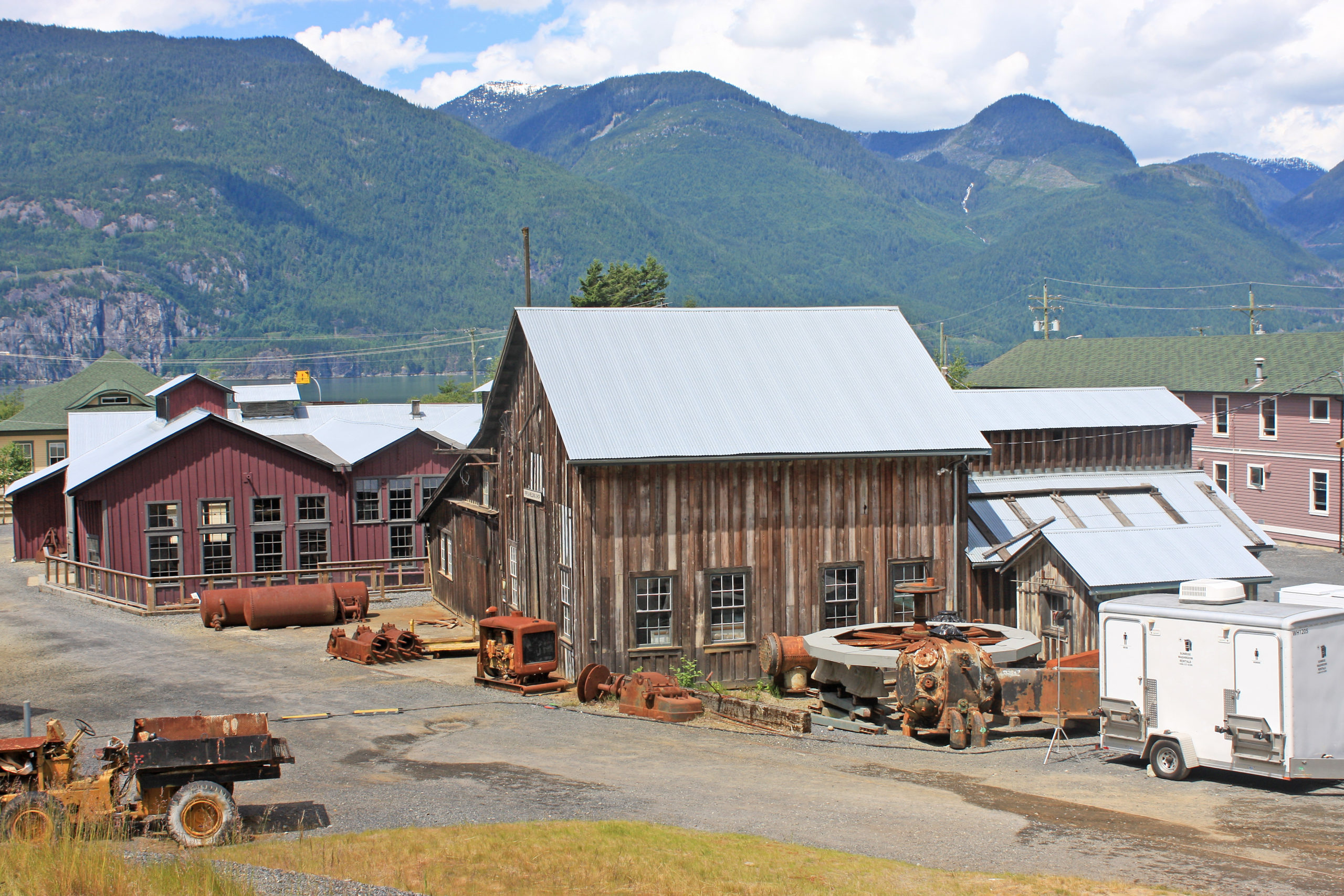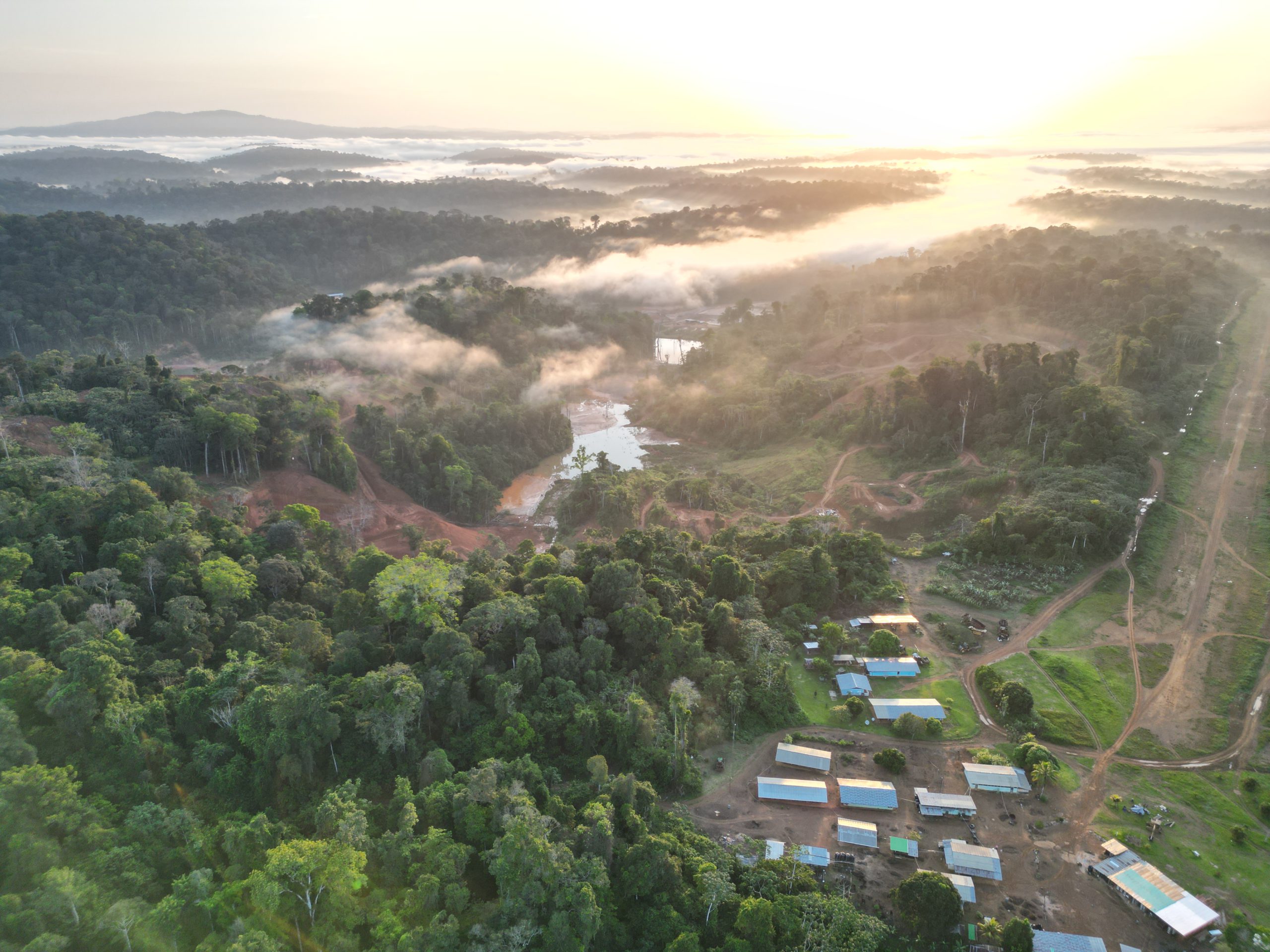Now Iacono and some of his former colleagues from GCM Mining are turning their attention to polymetallic projects in Europe. They believe their company, Denarius Metals (TSXV: DSLV; US-OTC: DNRSF), can work the same magic at its flagship Lomero project in southern Spain’s Iberian Pyrite Belt, a region with the largest concentration of pyrite-rich massive sulphides on the planet.
Iacono had heard about the copper-zinc-lead-silver-gold project from his contacts in Europe, and like Segovia, Lomero was in a bankruptcy process. “Many of the projects Serafino has brought into our group have been mired with some challenges,” says Mike Davies, who worked at GCM Mining before moving to Denarius as its chief financial officer. “But all of them had enormous potential.”
Denarius paid off Lomero’s creditors and secured the rights to explore the project, 10 km from Sandfire Resources’ (ASX: SFR) Matsa copper operations, where three underground mines (Aguas Tenidas, Magdalena and Sotiel) produce copper, zinc and lead concentrates. Sandfire acquired Matsa in February 2022 for US$1.9 billion.
Lomero is close to other large producers as well, including Atalaya Mining’s (LSE: ATYM) Rio Tinto copper mine (46 km); First Quantum Minerals’ (TSX: FM) Las Cruces copper mine (110 km); and Lundin Mining’s (TSX: LUN) Neves-Corvo copper-zinc-lead mine (136 km).
“We love the Iberian belt because of the massive sulphides,” Davies says. “Good neighbours give us confidence. It is a historic district, exploration potential is solid, and the jurisdiction is open to mining. What’s more, Spain and the EU have made critical minerals an important part of their mandate.”
The 100%-owned project, 135 km from Seville, is also just 100 km from the port of Huelva on the Atlantic Ocean.
Mining started at Lomero in the 1850s and continued until 1990. A small amount of mineralized material came from the two pits at Lomero and Poyatos, but most of the historic production (2.6 million tonnes) came from underground.
Denarius completed its Phase 1 surface validation and infill drill program in July 2022 and completed an initial resource estimate in September. The drill program determined that Lomero is amenable to both open pit and underground options and outlined 10.7 million inferred tonnes grading 0.5% copper, 0.4% lead, 1% zinc, 2 grams gold per tonne and 21 grams silver (1.6% copper-equivalent). Contained metal stands at 106 million lb. copper, 96 million lb. lead, 240 million lb. zinc, 693,000 oz. gold and 7.4 million oz. silver (373 million lb. copper-equivalent).
The resource was based on 83 drill holes (26,000 metres) and mineralization was identified over a 1 km strike length and to a vertical depth of 400 metres.
The Phase II program of 42 holes (13,225 metres) was completed in February and the company is working on an updated resource estimate that it hopes to finish by the end of the third quarter. It plans to complete a preliminary economic assessment (PEA) before year-end.
The company believes that copper, zinc and lead grades in the second drill program bode well for the resource update this fall. Average copper grades in the centre of the deposit ranging from 0.6% to 1.9% copper over intervals of up to 15.7 metres are better than the current resource, while zinc and lead grades in the eastern part of the deposit range from 1.1% up to 11% for zinc over intervals of up to 6.7 metres, and for lead from 1.6% to 5.1% over intervals up to 6.7 metres.
Project financing may also come through off-take agreements, according to the company. “We’re seeing a lot of interest from off-takers already,” Davies says. “They are in-demand critical metals and off-takers are keen to see the results of our PEA. They are all very bullish on copper and zinc and could be a source of potential financing for projects such as this one that can tie-in long-term supply for refineries.”
Denarius’s second asset in Spain is the Toral zinc project, about 400 km northwest of Madrid and 250 km from Glencore’s (LSE: GLEN) zinc smelter. It is earning up to an 80% stake from Europa Metals. Over 60,000 metres of historic drilling has been done at Toral and a 2022 JORC-compliant resource outlined 7 million indicated tonnes grading 5% zinc, 3.7% lead and 29 grams silver (8.9% zinc-equivalent) for 349,000 tonnes zinc, 260,000 tonnes lead and 6.6 million oz. silver. Inferred resources measure 13 million tonnes grading 4.1% zinc, 2.3% lead, 19 grams silver (6.5% zinc equivalent) for 540,000 tonnes zinc, 300,000 tonnes lead and 8 million oz. silver.
Assay results from its drill program this year included 8.7 metres grading 1.7% zinc, 9.4% lead, 44.3 parts per million silver and 0.1% copper (11% zinc-equivalent).
Denarius hasn’t forgotten its Colombian roots, however, and is advancing its Zancudo gold-silver project, 57 km from Medellin. Gran Colombia and Iamgold (TSX: IMG; NYSE: IAG) drilled Zancudo between 2011 and 2022 and a resource estimate completed at the end of last year outlined 2.8 million tonnes grading 6.5 grams gold and 112 grams silver (8 grams gold-equivalent).
Denarius has hired a local contract miner and plans to start mining by 2024, deploying cash back into exploration.
“It’s a neat little company with a lot going on,” Davies says. “With billions of dollars of metals in the ground, we think the potential of our projects is tremendous.”
Denarius’ largest shareholders are Aris Mining (17%) and management and insiders (23%). Ruffer LLP, an investment management company in the U.K., owns about 10%.
The preceding Joint-Venture Article is PROMOTED CONTENT sponsored by Denarius Metals and produced in cooperation with The Northern Miner. Visit www.denariusmetals.com for more information.




